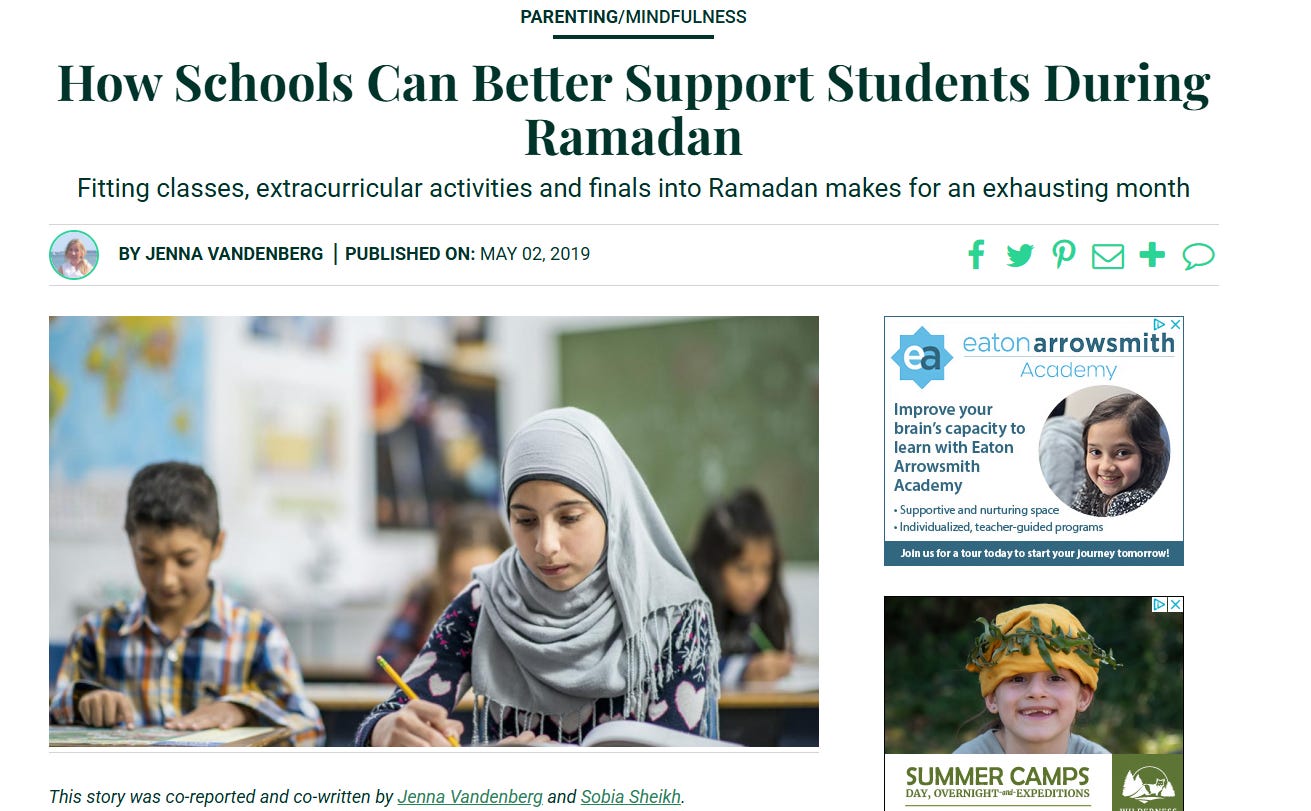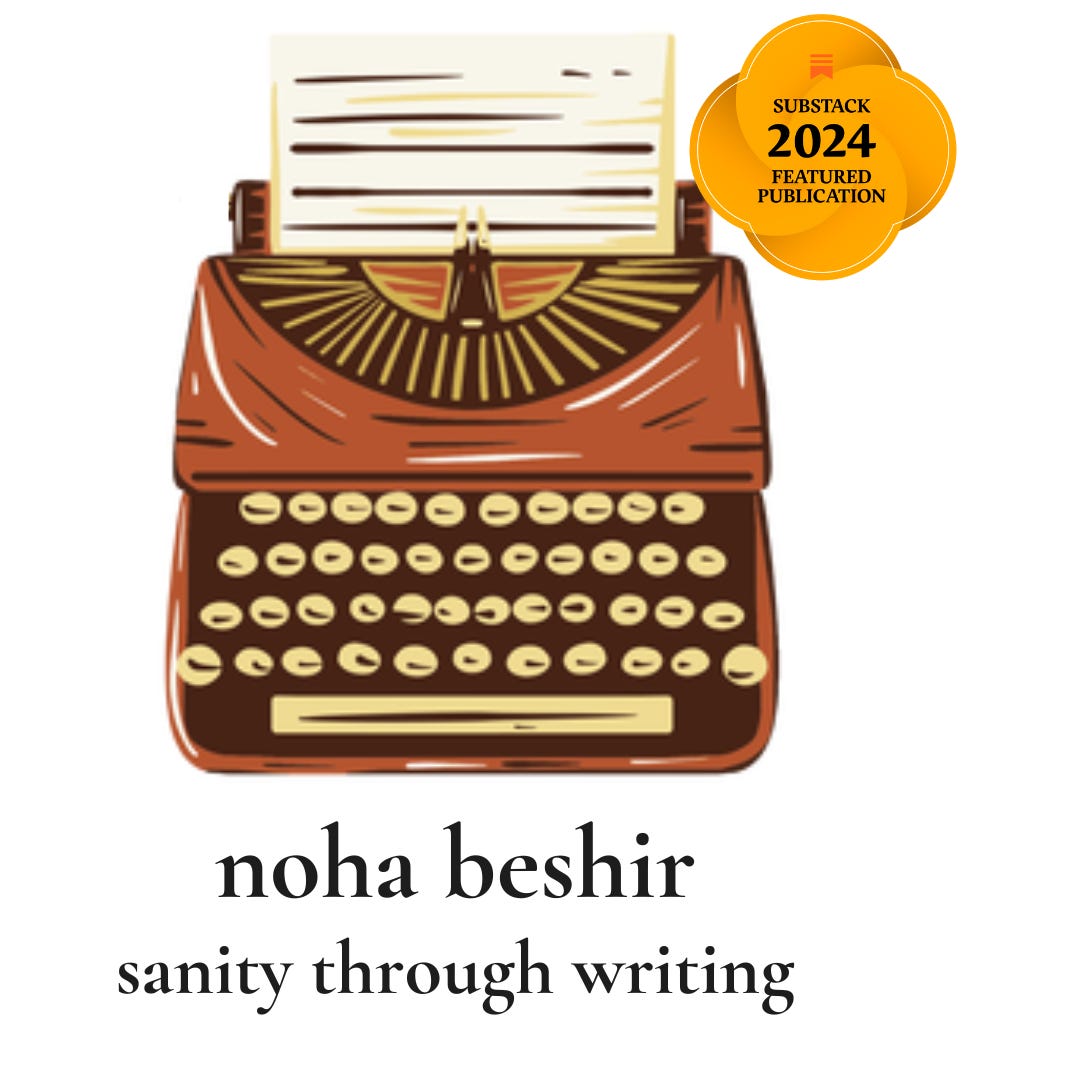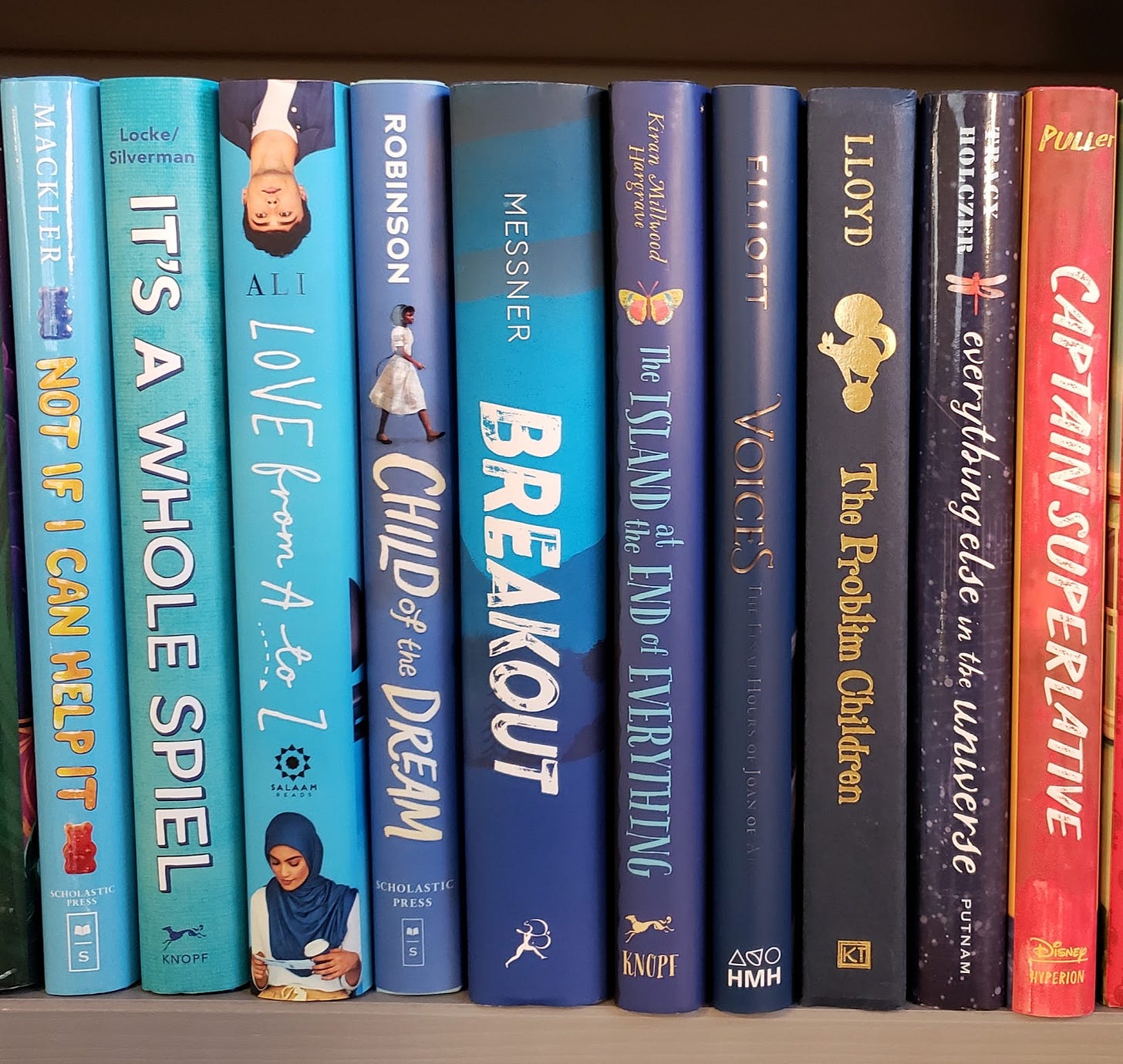Teaching During Ramadan
Tips for non-Muslim teachers from a non-Muslim teacher (although I did have some help!)
A lesson to teach:
I’m not Muslim, but several of my students are, so I always like to do some extra thinking about how I structure my class during Ramadan. Several years ago, I worked with a fellow teacher (who is Muslim) to write this article about the topic. Because Ramadan starts 10-12 days earlier every year, my 2019 article discussed some of the challenges students faced when Ramadan was in May, which was prime time for state testing, end-of-the-year finals, important games/matches/meets for student-athletes, and prom.
This year, Ramadan is expected to begin around Feb 28th and end around March 29th, so final tests and graduation ceremonies are less likely to be impacted.
However, there are lots of things teachers should think about. I used to worry about my students being hungry, but I’ve since learned that the number one concern for students is exhaustion. In the article my friend Sobia writes:
A typical day during Ramadan begins with Suhoor, a pre-dawn meal eaten around 3 a.m. Fajr, the morning prayer, follows. Fasting lasts until Maghrib prayer at sunset. During Isha, the final prayer of the day, many gather nightly at the mosque to read Taraweeh. Lead by the imam, an Islamic scholar, this prayer can last up to two hours.
In Muslim-majority countries, school days are usually shortened and Fridays are holidays, leaving students free to pray, grab naps during the day, and rejuvenate in preparation for nighttime meals and prayers.
This isn’t the case in the US where I teach. Muslim students fit the early-morning meals, prayers, and late-night gatherings of Ramadan around a full slate of educational and extra-curricular expectations.
Hence, exhaustion.
I celebrate Christmas. I sure would be exhausted if I had to fit all my family’s Christmas activities around a full month of school. The mere idea of it fills me with anxiety.
So here are a few things I do during Ramadan:
Show some understanding when a student nods off in class. Sometimes I’ll wake them up, sometimes I’ll just let them sleep, but I never make a big deal about it.
Be more flexible with deadlines. I am usually a deadline stickler with a strict late-work policy, but I give a bit more grace during Ramadan.
Ensure that assignments are available online so students can finish their work at home if they aren’t in school or are super sleepy at school.
Arrange class activities and deadlines so that nothing too important is happening on the days surrounding Eid-al-Fitr. I make sure there is no required discussion or test on these days, and I save introducing new and important concepts for later. For elementary teachers, this is not the time for a fun field trip or party that kids will be sad to miss.
No class activities involving or music or candy/food.1
Some other quick tips/thoughts:
Saying “Happy Ramadan” isn’t really appropriate. Say “Ramadan Mubarak” instead.
Don’t call out students or bother them about whether they are or are not fasting. Many students do not fast when on their period and probably don’t want to have to explain this to a curious teacher.
Growing up, I connected fasting with the Christian liturgical period of Lent, which is a somber 40 days based in a history of grief. I think I subconsciously assumed that the fasting of Ramadan was also connected a time of bleak melancholy, but that is SO NOT the case. Ramadan is a time for self reflection and spiritual growth, but it’s not sad. On the contrary, it’s a super social and celebratory time.
Subscribe to Noha Beshir’s Letters from a Muslim Woman. She is a beautiful writer, and her thoughts about family, parenting, biking, and politics are always insightful. I always learn a little and smile a lot when I read her newsletters.
A book to read:
In previous newsletters, I’ve written about YA (Young Adult) books that I love by Muslim authors like Aisha Saeed, Samira Ahmed, and Hanna Alkaf.
One favorite that I haven’t written about yet is S.K. Ali’s LOVE FROM A TO Z.
In this book, Adam and Zayneb meet over a Spring Break week in Qatar. Zayneb is still fuming from her experiences with an Islamophobic teacher and Adam is mulling over his new MS diagnosis and grieving his mother. They fall in love amidst all the angsty teen vibes that make YA contemporary literature so great.
This book struck me as so REAL. But, not being Muslim, I wasn’t quite sure why until I headed to Goodreads and read dozens of dozens of reviews by Muslims gushing about the book. Reviews described the book as “unapologetically Muslim,” praised the depth of faith and family in the book, and consistently reported feeling seen or proud like never before. There are some books that include Muslim characters to check off a “diversity” box, but not this one. LOVE FROM A TO Z is the real deal. Even as an outsider, I could tell this book was special.
Also, this book is a very, very, very cute and swoony romance.
My 10-year-old daughter loves reading YA books, but I censor her book choices because a lot of YA (especially romances) have WAY too much spice for her.2 She was definitely allowed to read this book. That’s another positive aspect of books by Muslim authors - they generally don’t have spicy/sexy scenes.
Aisha Saeed and S.K. Ali also edited ONCE UPON AN EID: Stories of Hope and Joy by 15 Muslim Voices which I meant to read when it came out in 2020 and never got around to. Writing this reminded me to put in an order.
A place to explore: Egypt
Egypt is the only Muslim-majority country I’ve even visited, but it was looooong time ago. I went with a former husband before smart phones, so this is the only picture I can find of the trip:
This trip exists in my mind as only a few snippets and random memories. I remember we loved it. I remember it was hot.
Other memories:
Driving through busy Cairo streets and passing a truck that was pulling an open cart full of camels.
Learning that the pyramids used to be painted with “all the colors of the rainbow.” The paint faded centuries ago, but you can still see blue paint in some of the ruins, on the ceilings that have been sheltered from the sun.
King Tut’s tomb, looking like a mess. The Brits had taken all the furniture and indeed it did look as if it had been robbed.
Watching feluccas on the Nile and wanting to sail on one SO BAD and squeezing it in just before we had to fly back home.
The tiny cruise on the Nile – the one and only cruise I’ve even been on.
Swimming in a pool in Cairo while the pyramids glowed in the distance. It seems like too idyllic a scene. Am I remembering it correctly?
How families would come out and flock to city playgrounds with their children around 10pm. When the coolest part of the day is in the middle of the night, there is no 8:00 bedtime!
The offer of ketchup to eat with our pizza.
Hearing the call to prayer in the smaller towns of southern Egypt
Locals asking where I was from and me, pausing, not willing to admit my US citizenship (remember back when we travelers were embarrassed about George W. Bush? Oh, sweet summer child…) “Canada?” they’d ask. “Canada Dry?” I still think about Egypt every time I see a can of Canada Dry.
Happy teaching, traveling, and reading! See y’all next Sunday.
Affiliate book links in this newsletter are through Bookshop, a book-buying platform that gives independent bookstores tools to compete online and maintain their presence in local communities. If you purchase books via the links in this newsletter, you’ll are financially supporting me AND your local independent book store, so thank you!
Although every single Muslim student I’ve ever had says that it’s not a big deal that people are eating in front of them. However, I still refrain from passing out treats for the month.
All books should be allowed in libraries though! I’m not advocating book banning!








This is great! We have a large Muslim population at our school and it's good to remember accommodations for family and PTA events.
I visited Turkey many years ago and it felt both exotic to hear the call to prayer and very ordinary to see teens making out on park benches after school.
I really enjoyed this sensitive, thought-provoking piece. It's interesting that you mentioned Lent because when you said the dates, the first thing I thought was that Lent and Ramadan overlap this year and there might be even more students fasting than usual.